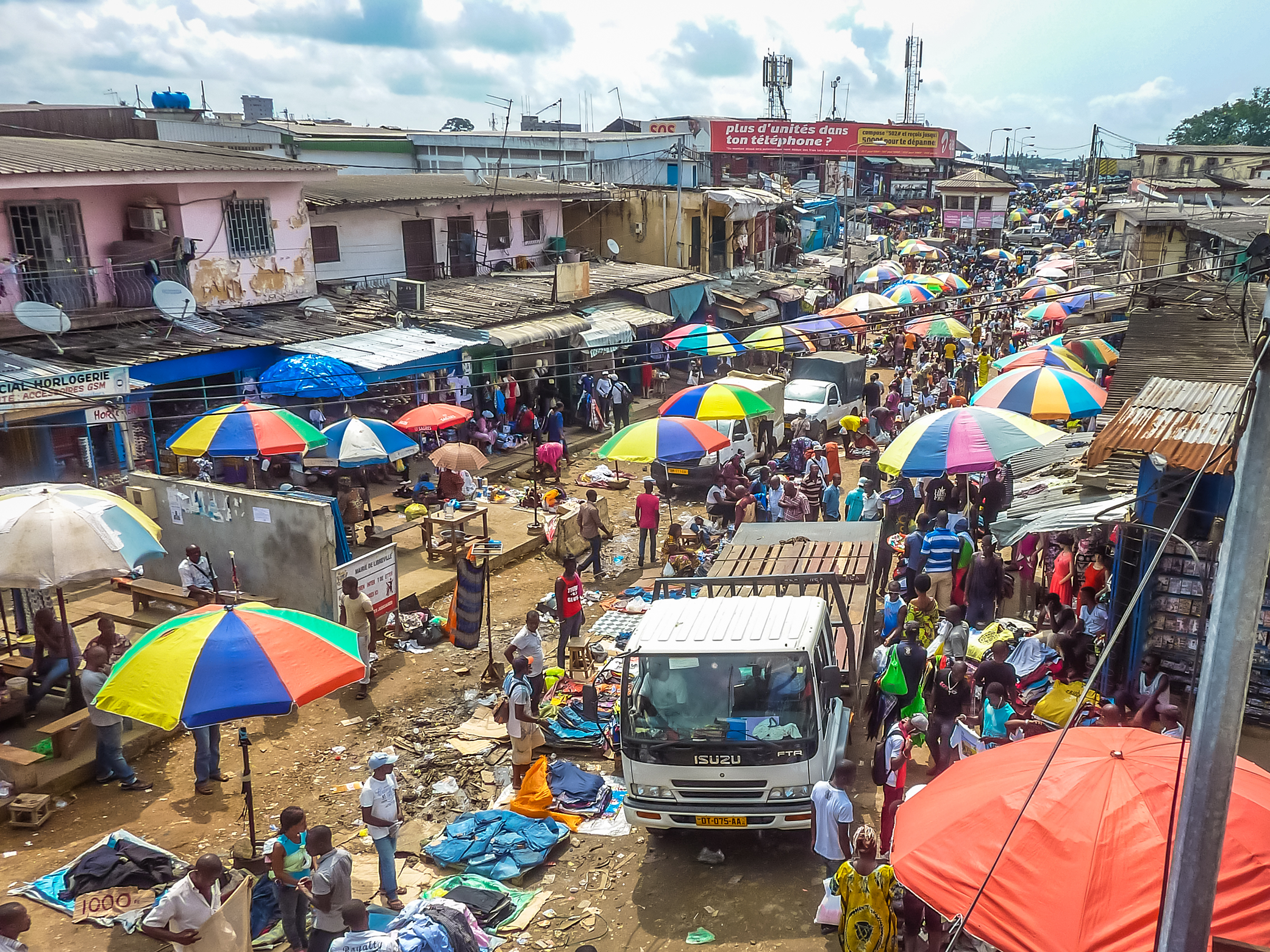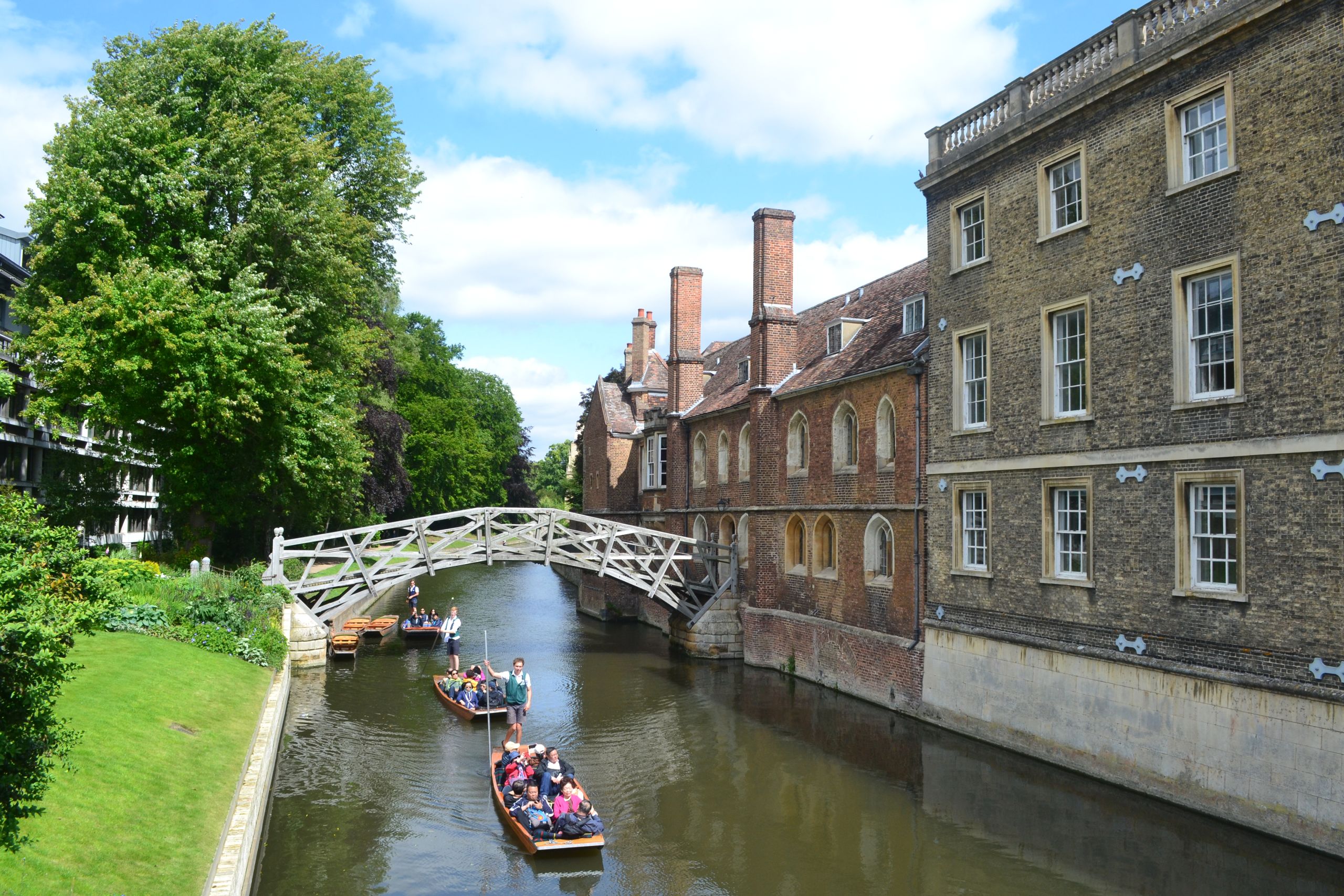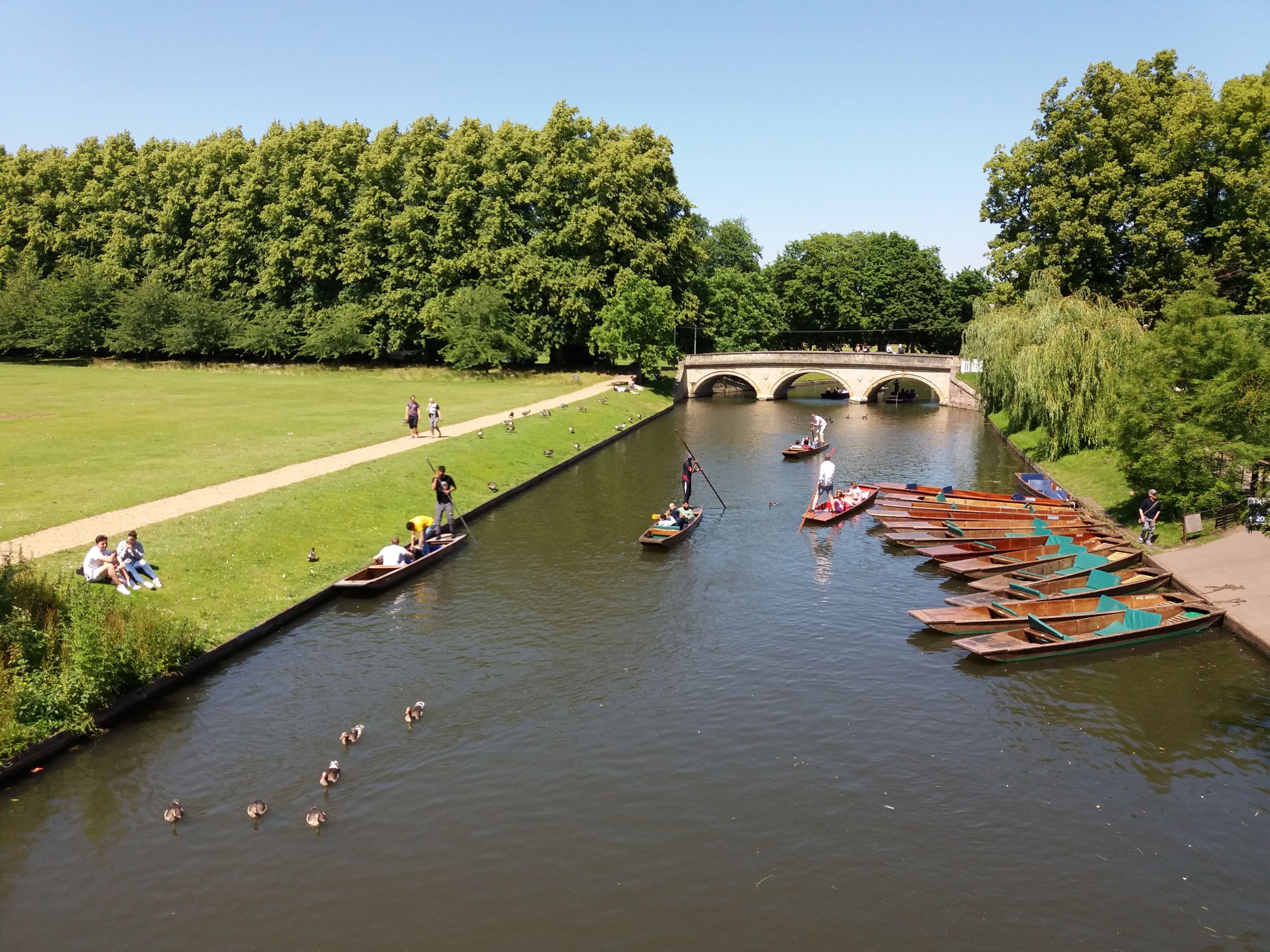Featured researcher:
Luke Church

Luke Church is an affiliated lecturer based in the Department of Computer Science and Technology.
He is strongly involved in interdisciplinary humanitarian work with Africa’s Voices Foundation, and also does tech consultancy alongside academic research.
Luke's work involves empowering others through technology.
Here he describes his work as a computer science researcher at the University of Cambridge.
"My research asks what happens if we take the capabilities that computer scientists have, and give them to other fields to do what they want with."
Luke has worked with people in professions as diverse as architecture and choreography. Fundamentally, his work involves broadening the spread of core technology to consumers of – not just the creators of – technology.
Luke also does tech consultancy, and his consultancy work is very much integrated with his academic research. He often advises organisations who are developing transformative technology, and need to make it useful, accessible and usable by a large set of people. Often these are professionals in other disciplines, such as security or design.
The work is essentially a translational activity between computer science and another discipline. It’s about understanding the needs of someone with a completely different perspective, then making the computer science work for them.
What aspect of his research does Luke enjoy most? He says it's "being surprised by what people do with the technology! People who understand other disciplines come up with new ways to use the technology that we hadn’t thought of before, and enabling them to do that is really rewarding."
Luke is deeply involved in Africa’s Voices Foundation, an independent, non-profit research organisation and charity with offices in Cambridge and Nairobi.
"I’m currently supporting stability and durable solutions work in Somalia."
Luke is the Director of Programmes & Innovation and lead technologist at Africa's Voices Foundation. Topics that recur in the charity's work include women’s rights and the representation of marginalised communities.
Humanitarian work is generally done to people, not with them. People have no agency, and there is little accountability. Africa’s Voices does things differently, facilitating conversations about topics of interest to people, guided by the priorities of the local community.

"Cambridge is a great place to be doing my research, because my work is fundamentally interdisciplinary and there are no barriers to that here."

Luke speaks warmly of the opportunities and potential afforded by being based at the University of Cambridge and embedded in the Department of Computer Science and Technology.
"At Cambridge you don’t need permission to start an endeavour with another department, it’s just based on personal relationships.
"There’s a high level of interdisciplinary discussion and respect. Cambridge is a melting pot of different ideas and perspectives; this is requisite for my work and is hugely valuable.
"There’s a very low barrier to starting a collaboration. It’s essential that there is no need to formalise associations before beginning a collaboration, otherwise I wouldn’t have been able to work with people in very different fields, such as the architects and choreographers I’ve worked with.
"Cambridge is a place that encourages reflection on one’s work. Taking the long-term view is valued – because everything is seen in the context of 800 years of research!"


